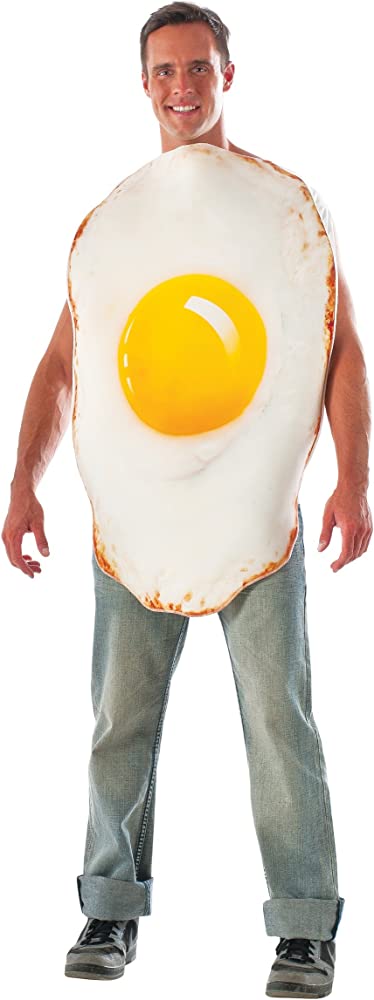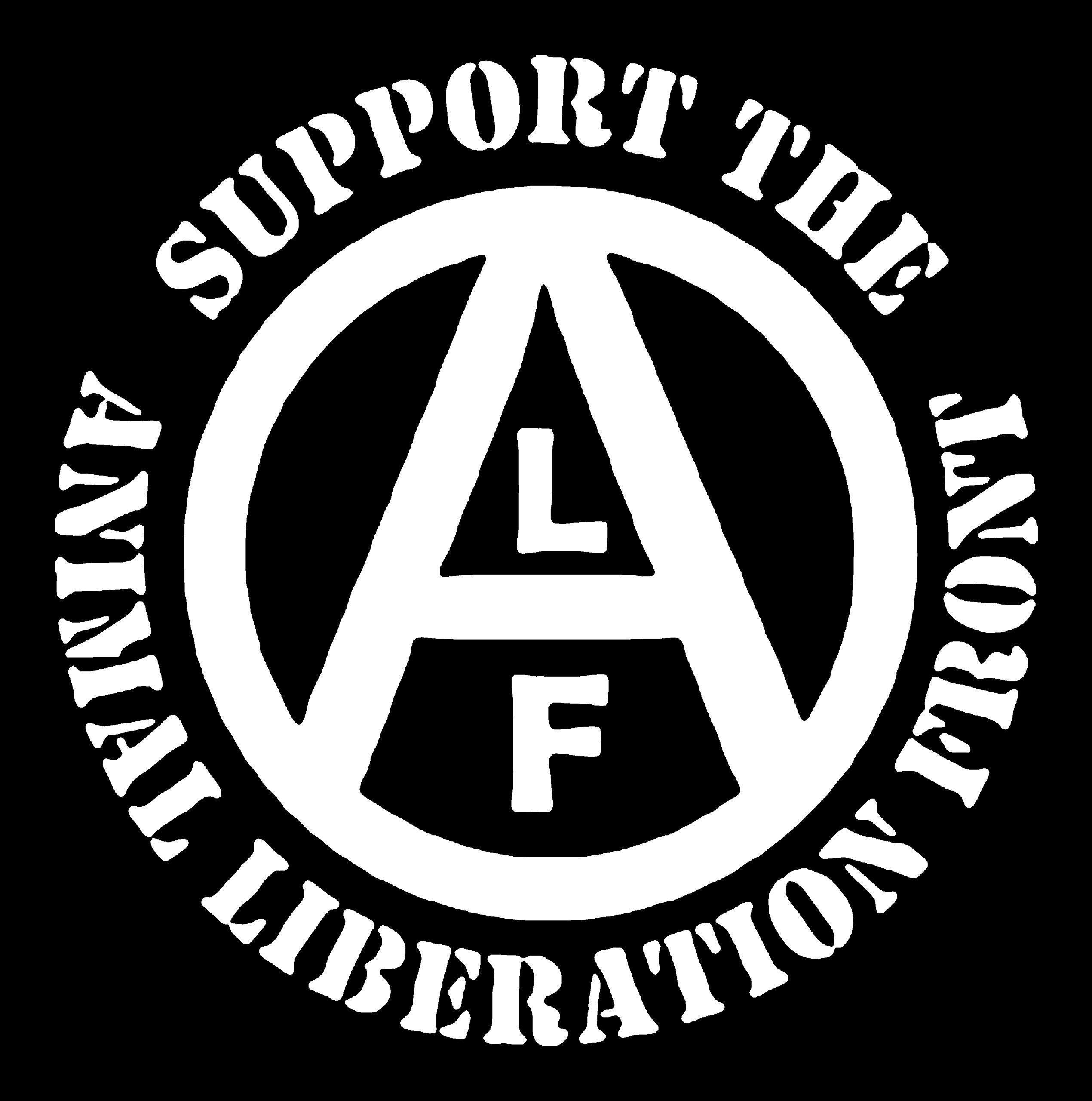

There’s plenty of human rights enjoyers in the liberal crowd who I could bait into supporting socialism
This is too bold of a claim to take at face value or incorporate into a strategy. I don’t think it’s very true either. Rights are already a liberal trap for those who want emancipation, liberation, or revolution to be re-colonized by the imperial state. Liberals believe in rights because it is a system that uses the ills of imperialism to justify said imperial system. If a socialist told me they were using this strategy with success, I would assume nothing beyond their labor being co-opted by empire.
IMO this is a fundamental problem, and it indeed rings true that communists need to be quite honest about everything we say about what we believe. Especially when engaging with things that are ostensibly agreeable between communists and liberals. We do not have an advantage on this terrain, and we must differentiate ourselves or else we will lose ourselves.
Deception is not our chief weapon against the ruling class either. Our weapon is realizing and actualizing that we don’t need to appeal to any power but our own, and with that power we can have our way with the world. I believe this power will not grow by trying to trick liberals into being communists.





IMO you are caught up in savior narratives and rationalizations. It is OK to take care of yourself. It is OK to not sacrifice everything to gain basically nothing. There is no God to prove yourself to, no Christ to advocate for you, no spot in Heaven to reward you.
As for others, I can say I am overwhelmed and unsatisfied with everything. I cling to what is most important to me. I have already lost a lot in recent months, and I am resolved to not lose anything else. The cacophony of contradictions is overwhelming, and if others cannot quiet themselves enough to hear it all, then they are compromised, but most of all I just need people to oppose and face imperialism in whatever domain they are in. For some reason this seems to be the one thing people won’t face, and instead they exploit subordinate contradictions so they don’t have to prioritize imperialism.
Is this not a justification to harm yourself for nothing? I think the ruling class currently believes this and they do whatever they want with no connection to anyone but their own power. Good is fundamentally subjective, but the love from others is a necessary grounding force that gives it meaning. Love builds the consent needed to imagine collective futures and the accountability needed to set them in motion.
I’m not saying this to tell you to get connected to the real world, or to touch grass and make more likeminded friends, or to stop feeling the way you do. I’m saying this to say you need to take care of yourself and love yourself in dark times. I do care about you and people like you. Your mind and your will and your desires. Your hatred and malice for evil. I also have a lot of love for other autistic people that just can’t fucking take this shit anymore. A person like you is far more valuable to me than whatever reward you would trade yourself for in the face of loneliness and darkness. You are a pearl and you must not cast yourself before swine just for a fleeting sense of belonging in a world we do not belong in. Not everyone is on our side and it isn’t our fault. If graves are to be defaced, let it be all of ours.